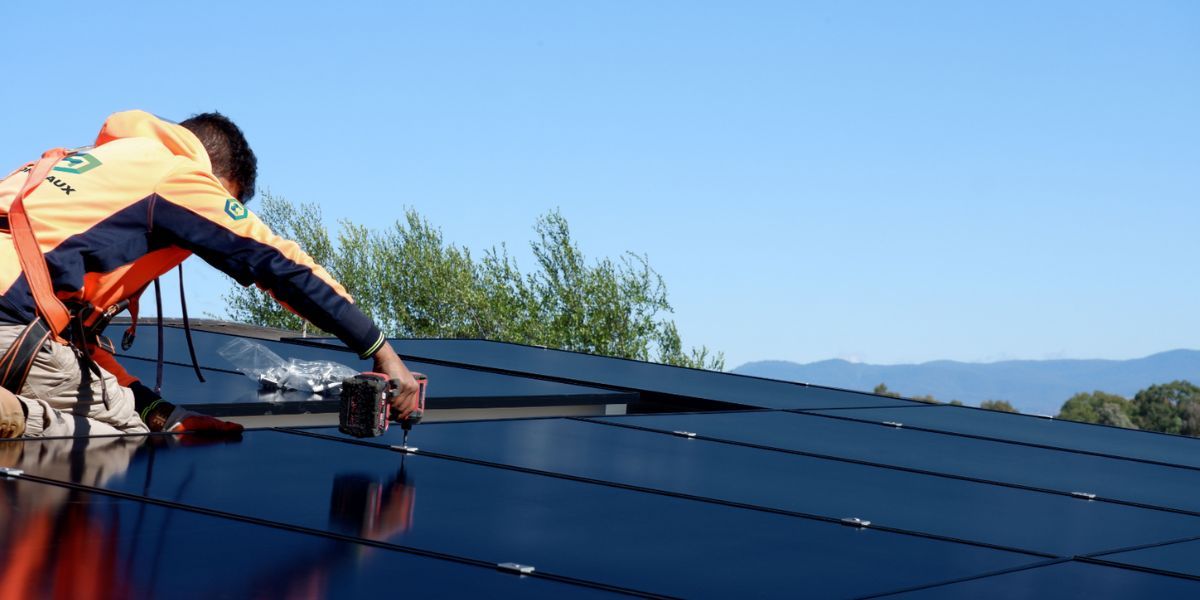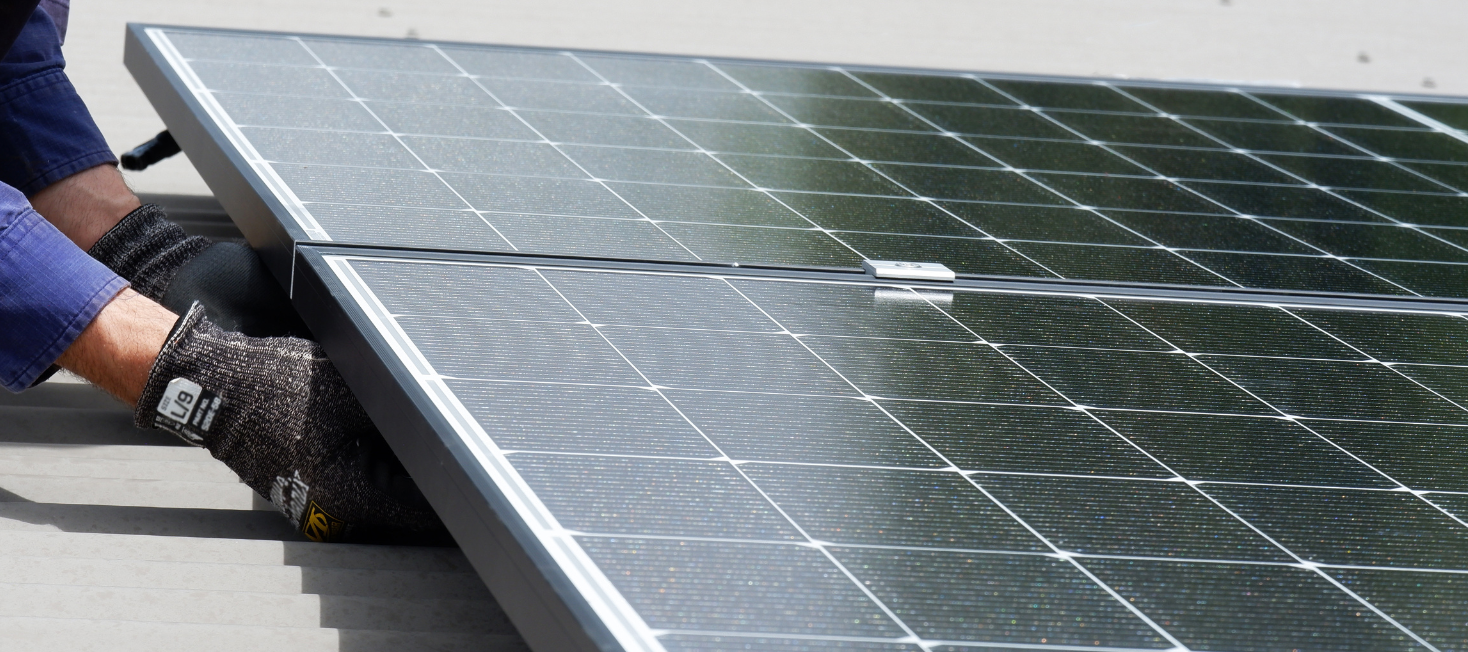Frequently Asked Questions About Using Solar Power for Winter Energy Needs
1. Do solar panels work in the winter?
Yes, solar panels do work in the winter. It doesn’t matter how hot or cold it is. In fact, they can be more efficient in colder temperatures as long as they receive adequate sunlight.
2. Will snow cover affect my solar panels’ performance?
Snow can affect solar panel performance if it covers the panels completely, but most modern solar panels are designed to be self-cleaning and will shed snow and ice on their own. Even a small amount of sunlight can generate enough heat to warm up a solar panel and help it in melting the snow. This is because solar panels are designed to absorb sunlight and convert it into energy. As they absorb sunlight, they also absorb heat, which can help raise their temperature and melt any snow or ice that may have accumulated on them. Additionally, snow can reflect sunlight back onto the panels, which can increase their output.
3. How much energy can I expect my solar panels to produce in the winter?
The amount of energy your solar panels produce in the winter will depend on factors such as location, weather conditions, and the angle and orientation of your panels. However, in general, you can expect your panels to produce less energy in the winter than they would during the summer months.
4. Do I need to make any adjustments to my solar panel system for winter?
In most cases, you do not need to make any major adjustments to your solar panel system for winter. However, you may want to clear any snow or debris from around your panels to maximize their exposure to sunlight.
5. Can I still use solar power during a winter power outage?
Yes, if you have a solar power system with a battery backup, you can still use solar power during a winter power outage. However, if your solar panels are grid-tied and do not have a battery backup, they will not provide power during a blackout.
6. Will my energy bills be lower if I use solar power in the winter?
Your energy bills may be lower if you use solar power in the winter as long as your solar panels are generating enough energy to meet your household’s needs.
To get free and accurate in-home solar assessment, call us on 1300 911 110 or email us at info@mondiaux.com.au and we will make sure to provide our best service to our clients.
Share Post





